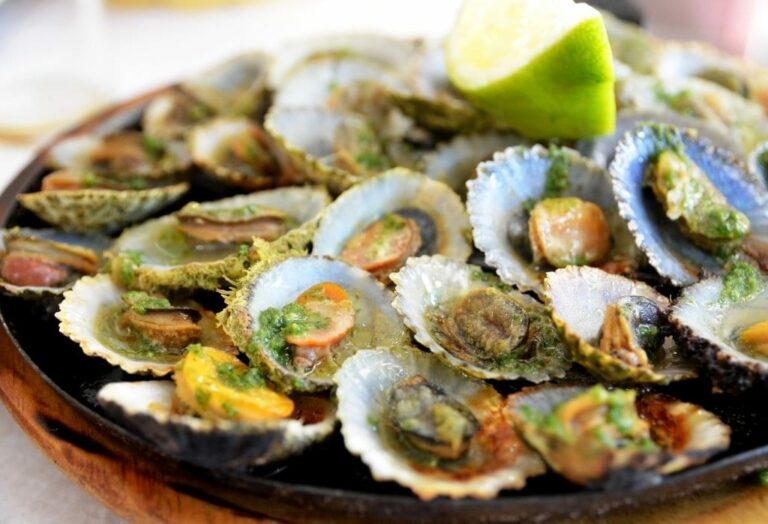Introduction
Portuguese cuisine is a blend of Mediterranean, African, and Brazilian flavors, making it a unique and distinctive culinary experience. Portugal’s long history of exploration and trade has resulted in a diverse culinary culture, with a variety of unique ingredients, spices, and cooking techniques. In this article, we will explore some of the unique ingredients used in Portuguese cuisine and how they have influenced the country’s culinary traditions.
The Influence of Portugal’s History on its Cuisine
Portugal’s history as a seafaring nation has heavily influenced its cuisine. The country’s exploration of new lands and trade routes brought back spices, ingredients, and cooking techniques from around the world. Portugal’s proximity to the Mediterranean has also influenced its cuisine, with dishes featuring olive oil, garlic, and tomatoes. The country’s cuisine has also been shaped by its former colonies, particularly Brazil and Angola, which have contributed to the use of exotic spices and ingredients such as coconut, palm oil, and cassava.
Unique Ingredients in Portuguese Cuisine
Portuguese cuisine features a variety of unique ingredients that are not commonly found in other cuisines. Some of these ingredients include:
Seafood and Fish
Portugal’s location along the Atlantic Ocean means that seafood and fish play a prominent role in its cuisine. Some of the most popular seafood dishes include grilled sardines, octopus salad, and bacalhau (salt cod). Portuguese cuisine also features unique fish such as lamprey, eel, and monkfish.
Spices, Herbs, and Sauces
Portuguese cuisine is known for its use of spices, herbs, and sauces to add flavor to dishes. One of the most popular spices is piri-piri, a small hot chili pepper that is used to flavor dishes such as chicken and shrimp. Other popular spices include cinnamon, saffron, and paprika. Portuguese cuisine also features a variety of herbs such as parsley, cilantro, and oregano, which are used to add freshness and flavor to dishes. Sauces such as tomato sauce and béchamel are also commonly used in Portuguese cuisine.
Traditional Portuguese Desserts and Pastries
Portuguese cuisine is also known for its delicious desserts and pastries. One of the most famous desserts is pastel de nata, a creamy custard tart that is flavored with cinnamon and served with powdered sugar. Other popular desserts include arroz doce (sweet rice pudding), pudim de leite (caramel flan), and bolo de mel (honey cake). Portuguese cuisine also features a variety of pastries, including queijadas (sweet cheese tarts), bola de berlim (cream-filled donuts), and pasteis de bacalhau (salt cod fritters).
In conclusion, Portuguese cuisine is a unique and flavorful blend of influences from around the world. Its use of seafood, spices, and herbs, as well as its delicious desserts and pastries, make it a must-try for food lovers. So, the next time you’re looking for a new culinary experience, why not give Portuguese cuisine a try?

